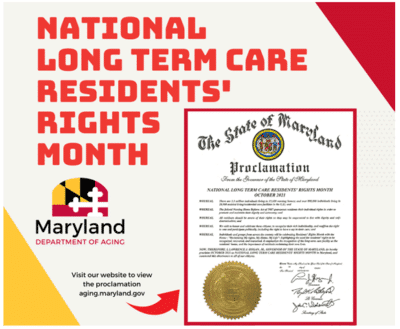
There are many reasons that someone might require the help of a dementia program. Some of the benefits include: the ability to provide 24-hour supervised care to someone with advanced dementia; a caregiver can assist the individual in performing everyday activities such as bathing and dressing. The person might become confused or aggressive in later stages. This condition can be challenging for the patient and their family members. This article will examine the benefits of a dementia-care program and the costs involved in its use.
Alzheimer's programs
Medicaid Waivers are government-funded health care programs that allow individuals with certain disabilities to receive care outside of a nursing home. They can be provided care at their home, in the homes they live with, or in an adult foster home. To qualify for Medicaid benefits, individuals must have specific functional limitations and meet specific financial requirements. Medicaid benefits can be a cost-saving option for those suffering from Alzheimer's.
A caregiver may use respite to take some time off from caring for someone with Alzheimer's. The service can provide assistance to the patient in their home, in a health care facility, or at an adult day care center. It can last for anywhere from a few minutes to several days. Respite care can be used for as long as the caregiver needs. Respite service fees are generally charged per day or week. Insurance plans typically do not cover these services. The entire cost of services must be paid by the family.

Resources for family caregivers
While family caregivers can be overwhelmed with the responsibility of caring for a loved one who has dementia, they don't have to do it alone. Texas has many resources that can be used by family caregivers. Family caregivers can find helpful tips at the National Institute on Aging, which includes information on dementia and symptoms. The National Institute also offers information on dementia treatment, including clinical trials, and other research findings.
Support groups can also be a great resource. These support groups offer caregivers a safe, positive space to express their feelings and get help. Caregiver support groups can offer caregivers the opportunity to connect with other caregivers and gain insight from them. AARP provides a guide which can be used to assist family caregivers in finding local resources and finding a dementia care program. It's a good idea for you to talk to a professional if your loved one is in the process to decide whether or not they should be enrolled in a dementia program.
Prices
While dementia care can be costly, it is still possible to provide the best medical care for a loved person with dementia. To maintain a good quality life, you will need medication, doctor's visits, as well as treatment for any other medical conditions. Many seniors are able to live comfortably and independently for many years even after being diagnosed. Medicaid covers nursing home care but some families may not be able to afford it. There are many options for paying for dementia care.
Although the disease is incurable it is costly to care for. For example, in 2010, the average Alzheimer's patient paid an estimated $41,000. This figure is expected to nearly double by 2040 and reach $511 billion in 2040. This is because the majority of these costs are not covered by insurance. Therefore, it is important to know your options for payers. The patient's care will be affected by the budget of the facility.

Health care system impact
Dementia care programs have the potential to improve the quality of life for individuals with dementia. Because of their cost-effectiveness, personalized care and affordability, they are increasingly popular. The federal government has given significant funding to medical students. The Medicare graduate medical education program, which focuses on hospital-based training, identifies dementia care as a high-priority shortage area. To meet the increasing demand for dementia care, funded training programs should be expanded beyond hospitals.
The research team studied 38 dementia policy options. Based on their findings, they identified 25 priority policy options which could improve care quality, reduce costs and increase access dementia-specific LTSS. These policy options address many of the problems that caregivers and patients face including stigma, limited access to care, and heavy reliance upon outside services. These policy options address the health-care system's challenges. They include the need to integrate dementia care programs and improve community resources.